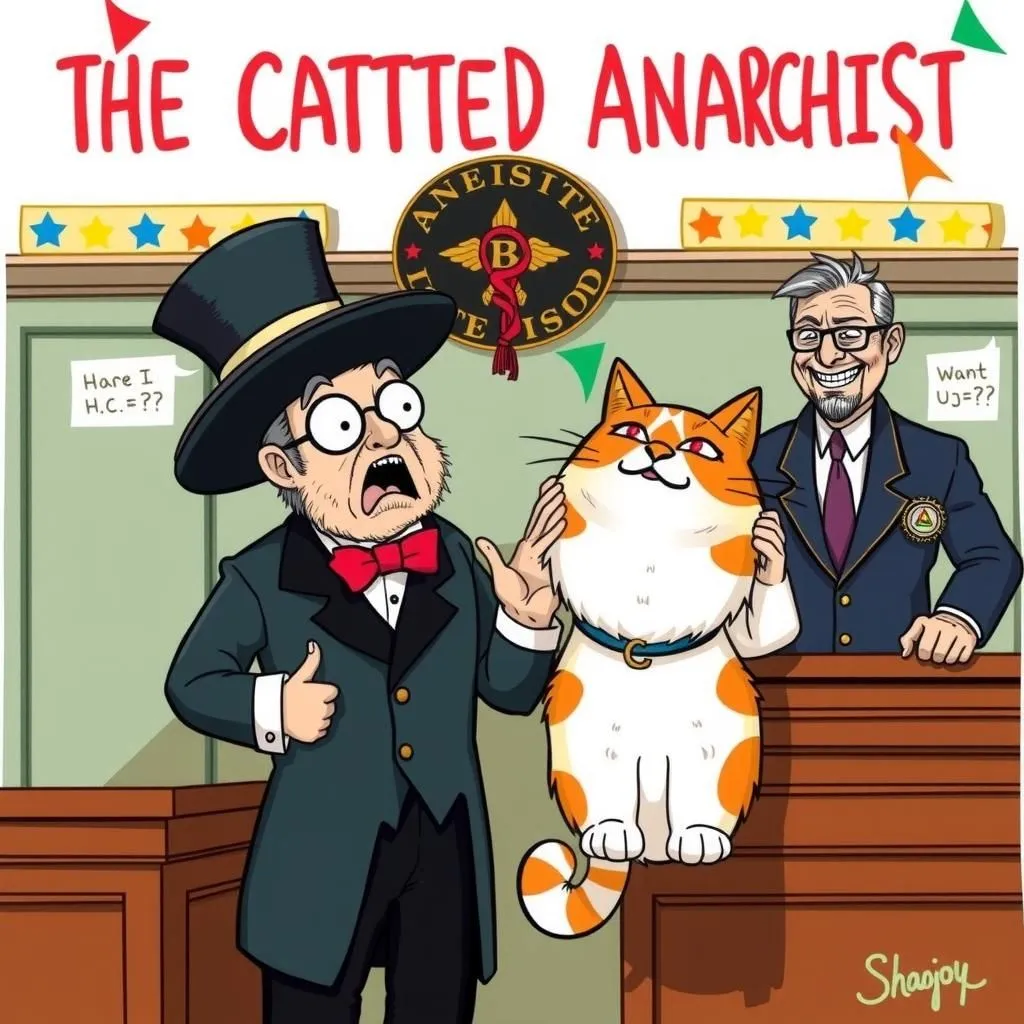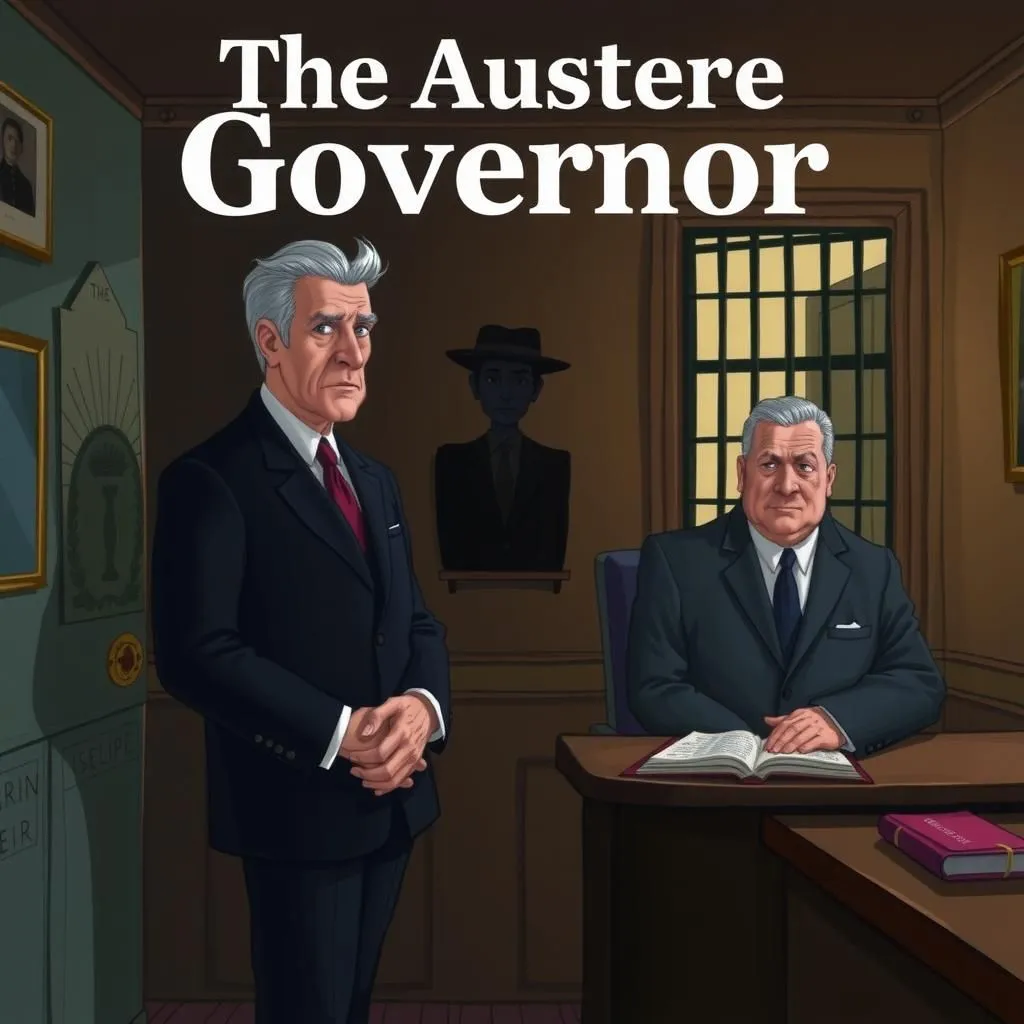
His Fly-Speck Majesty
In "His Fly-Speck Majesty," a Distinguished Advocate of Republican Institutions eagerly awaits the arrival of the King of the Fly-Speck Islands while wading in the ocean, despite having previously denounced kings as blood-smeared oppressors in a public speech. When questioned by the Spectator about his apparent hypocrisy, he dismisses the concerns as irrelevant, claiming to have spoken of kings in the abstract. This small moral story echoes famous fables with moral lessons, highlighting the complexities of ideals versus personal ambitions in the pursuit of uplifting narratives.


